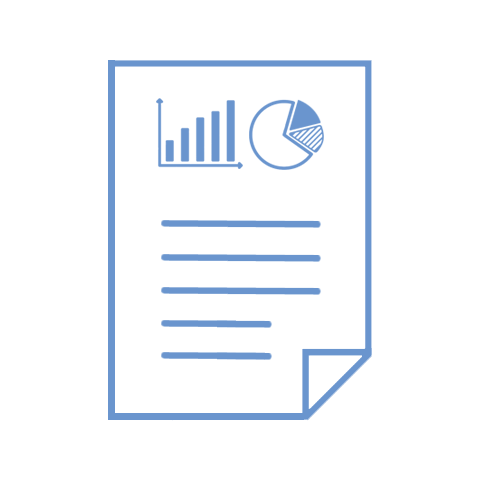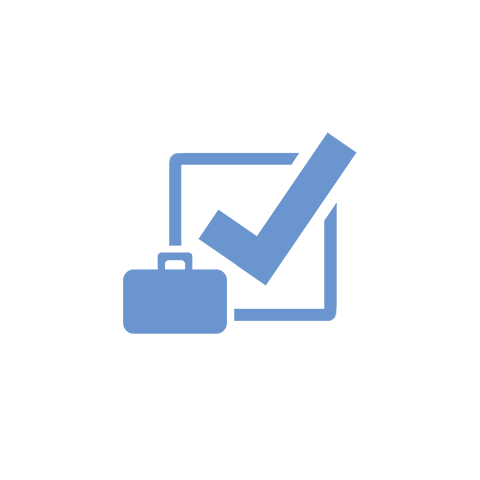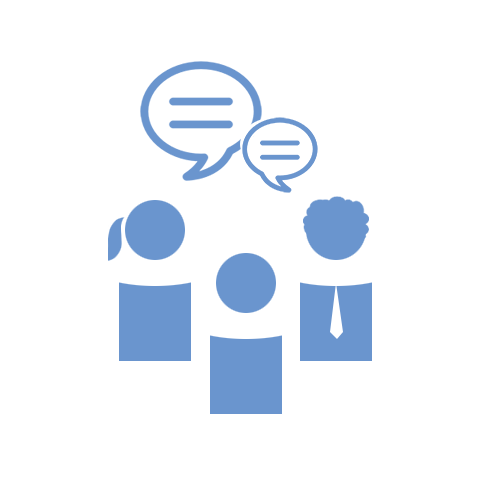
For those who went to London for EA Global, we hope you had a great time! Everybody else: Stay tuned for the videos! (We’ll be linking to them here once they’re available.)
Luckily, lots of other new ideas have already been published in the last month – read on to see what we’ve discovered recently.
The team
Articles
Do we have moral obligations to future generations? Does the future perhaps matter more than present? In what ways can we impact the future? This overview article by 80,000 Hours tries to answer some of these questions, and people respond in the EA Facebook group. This podcast with Nick Beckstead goes into more detail on these topics.
If the future is important, we need to think carefully about how to improve it. Many people are currently focused on reducing risks from advanced artificial intelligence, and biotechnology. But David Denkenberger argues that developing alternate food sources may be an important and neglected way of reducing existential threats.
Kaj Sotala writes about how reducing tribalism and improving mental health could be extremely valuable. There has also been discussion of how epistemically modest effective altruists should be, with perspectives from Eliezer Yudkowsky and Gregory Lewis.
Cautiously exploring new ways to do good can be extremely promising. Recently Fortify Health, a new charity based on the ideas of effective altruism, was launched. Read more about their approach here.
Earlier this year, two effective altruists, Scott Weathers and Sophie Hermanns, co-authored an op-ed in the New York Times, writing about the consequences of factory farming for human health. Here they detail how they managed to accomplish this.
A lot of the value of explorative projects comes from sharing what you find with other people – something that several projects have done recently. Find out more about community-building in the Netherlands, how the Oxford Prioritisation Project performed and Sam Hilton’s lessons from running EA London full-time.
Updates
80,000 Hours
80,000 Hours released podcasts on on how to improve the future with Nick Beckstead, what EA can learn from the nanotech movement, how to speed up social science with Spencer Greenberg, and careers in biorisk, new articles on the importance of future generations, civil service careers, and a new problem area: improving institutional decision-making. Web traffic is double this time last year.
Animal Charity Evaluators
ACE has published the abstracts generated from their collaborative research workshop and has updated their intervention evaluation process. They published a blog post detailing the common misconceptions of effective animal advocacy.
Centre for the Study of Existential Risk
CSER redesigned its website to present its activities in a way that is easier to understand and navigate. They submitted evidence to the Lords AI Committee, released a public lecture video on nuclear weapons modernisation, a video on the international governance of existential risks, and launched a new project (that you can help with) to create an existential risk bibliography. They were also featured in media coverage.
Centre for Effective Altruism
This past weekend CEA ran the final EA Global conference of the year in London, bringing together over 500 people from around Europe and beyond to explore new frontiers in effective altruism and figure out we can do the most good as a community. If you couldn’t attend, don’t worry – the talks were filmed. Keep an eye out for their announcements on Facebook when the videos go up on YouTube.
Foundational Research Institute
Lukas Gloor published “Multiverse-wide cooperation in a nutshell,” an accessible introduction into one of FRI’s major research areas. Kaj Sotala’s paper, “How feasible is the rapid development of artificial superintelligence?” was accepted as an invited comment in the journal Physica Scripta and named their paper of the week.
Future of Humanity Institute
The Future of Humanity Institute is excited to announce the launch of the Governance of AI Program (GAP). Carrick Flynn presented on careers in AI Strategy at EAGx Berlin.
Future of Life Institute
FLI just presented Vasili Arkhipov’s family with the inaugural Future of Life Award to honor the naval officer who likely prevented nuclear war during the height of the Cuban Missile Crisis. They have also released a podcast with Joshua Greene and and Iyad Rahwan where they cover issues regarding AI ethics, job automation in small towns versus cities, and the trolley problem.
GiveWell
GiveWell named Helen Keller International's vitamin A supplementation program a standout charity and published an interim review of its work. GiveWell is considering whether to add this program to its list of top charities later this year.
Open Philanthropy Project
The Open Philanthropy Project announced several grants last month, including $2,000,000 over two years to the Humane League to support the Open Wing Alliance's work to expand corporate campaigns in Europe and eliminate battery cages (as part of the Open Philanthropy Project's work on farm animal welfare) and $2,000,000 over three years to the Solar Radiation Management Governance Initiative for general support (as part of the Open Philanthropy Project's work to reduce global catastrophic risks).
The Life You Can Save
The Life You Can Save is pleased to share their new video “Leverage Effective Philanthropy,” featuring GiveDirectly Executive Chairman Michael Faye and Village Enterprise CEO Dianne Calvi, giving concise and compelling summaries of their organizations’ work, and partnerships with TLYCS, in under three minutes.
Timeless Classics
How do we find the best opportunities? Owen Cotton-Barratt sets out some of the key considerations in his keynote from EAGx Oxford 2016. When we’re considering how to do good, we often find that our assessment turn on “crucial considerations”, a concept that Nick Bostrom discusses in this article.
Jobs
Front End Web Developer and Research Fund Program Officer at Animal Charity Evaluators
Project Manager, Operations and Finance Manager, and Machine Learning Engineers at the Berkeley Existential Risk Initiative (BERI)
Research and Design Intern at Charity Science Health
Administrative Assistant, AI Safety Postdoctoral Research Scientist and AI Safety Research Scientist at the Future of Humanity Institute (FHI)
Research Analyst, Outreach Focus and Summer Research Analysts at GiveWell
Senior Scientist, Foundations Relations Manager, Major Gifts Officers and several other positions at the Good Food Institute (GFI)
Director of Operations at the Open Philanthropy Project
Go forth and do the most good!
Let us know how you liked this edition and how we can improve further.
If you’re interested in past editions of this newsletter, here is the full archive
Get Involved in Effective Altruism
The Effective Altruism Newsletter is a joint project between the Centre for Effective Altruism, and .impact.
This is an archived version of the EA Newsletter sent to 48,229 subscribers on November 7, 2017.
To see the full archives, click here.


